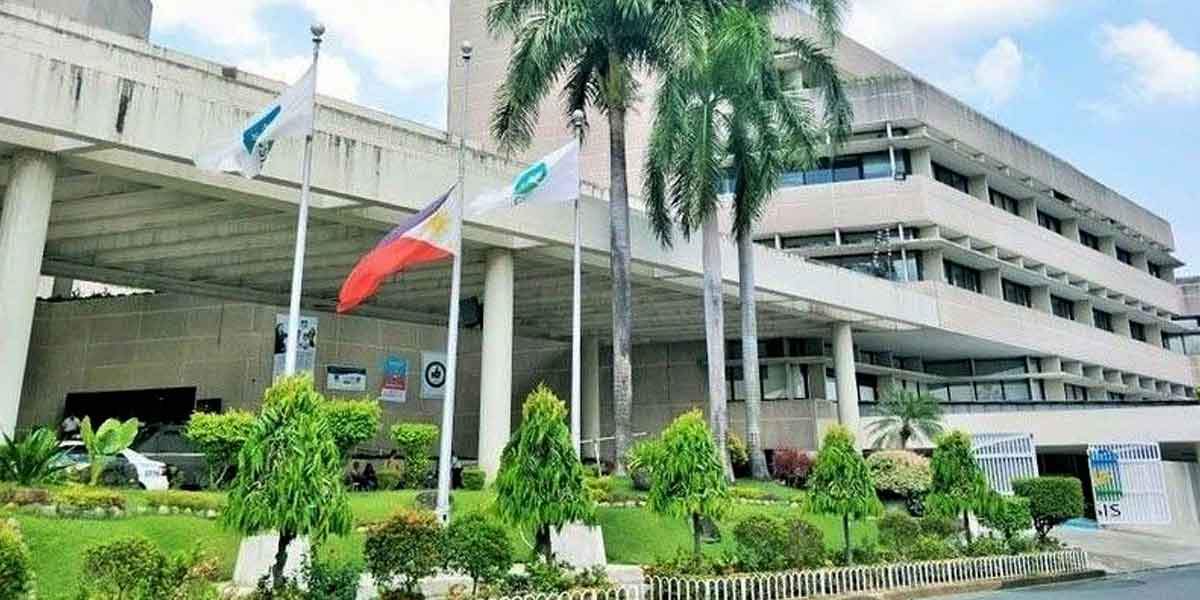By Joseph B.A. Marzan
The coronavirus disease 2019 (COVID-19) crisis slowed down the mental health program of the Department of Health-Western Visayas Center for Health Development (DOH-WV CHD) just when it was needed the most.
June 21, 2021 marked the third anniversary of the passage of Republic Act No. 11036 or the Mental Health Act of 2018.
Section 2 of the Implementing Rules and Regulations of R.A. No. 11036 commits the state to promote mental health in institutions and workplaces.
Dr. Bea Camille Filaro-Natalaray is the head of the DOH-WV CHD’s Integrated Noncommunicable Diseases Prevention and Control Program and the lead for the regional office’s mental health program.
Natalaray told Daily Guardian that the COVID-19 pandemic had exacerbated mental health concerns in the province.
Citing DOH-WV CHD data, Natalaray said 337 suicide cases in occurred in the region in 2020 alone. As of March 2021, the health office logged 90 cases.
2016 saw 109 cases, 62 in 2017, 82 in 2018, and 99 in 2019.
The spike in cases was due to the multiplication of psychosocial stressors, including economic stressors, uncertainty and anxiety brought about by the pandemic.
Natalaray said that they instructed Provincial Health Offices across the region to set up mental health hotlines so that communities can have easy access to local Mental Health and Psychosocial Services (MHPSS).
For medical frontliners, the DOH-WV CHD also established the “Caring for the Carers” program, which aims to debrief health workers on work-related stress and help them relax amid the pandemic.
The regional office also set up the Mental Health Western Visayas Facebook page that featured social media cards for self-care and self-help. It was followed by the launch of the 14-day “Quarantime” journal on September 30, 2020.
As to their regular mental health programs, Natalaray said the pandemic prompted them to shift the MHPSS training to online platforms with support from the local government units (LGUs) and private sector.
At present, the DOH-WV CHD has trained 226 MHPSS providers in the region.
They also trained 307 health practitioners under the Mental Health Global Access Program (MHGAP), which will provide psychological services to municipalities, training doctors for services for psych patients, and assessments.
Psychotropic medicines and Information, Education, and Communication (IEC) materials were also made available to LGUs to provide help to psych patients in their vicinities.
The DOH-WV CHD also convened the Regional Mental Health Council (RMHC) which include other regional agencies and some private organizations.
Natalaray said that the success of the DOH-WV CHD’s mental health programs over the years was due to public and private sector support, especially amid the pandemic.
“Success in the implementation of our mental health programs is not only of the DOH but also the participation of the LGUs in providing support and budget to the implementation of our programs, and the national government agencies who have had specific roles and responsibilities in our mental health programs,” Natalaray said in a phone interview.
For their present and future activities, the DOH-WV CHD is pursuing a project to promote mental health policies in workplaces, in partnership with the Department of Labor and Employment (DOLE) and the Civil Service Commission (CSC).
The health department will also hold future online sessions to orient clients on human rights-based approaches to mental health, as well as “more active” engagement with the RMHC.
“People in the communities spend most of their time now at work, so it’s important for us to establish a mental health policy for the workplace. Moreover, to improve our services for mental health patients, we have orientation on human rights-based approaches for mental health. We are also trying for the Regional Mental Health Council for us to have active meetings with them, to improve our program implementation regarding mental health,” Natalaray said.




















